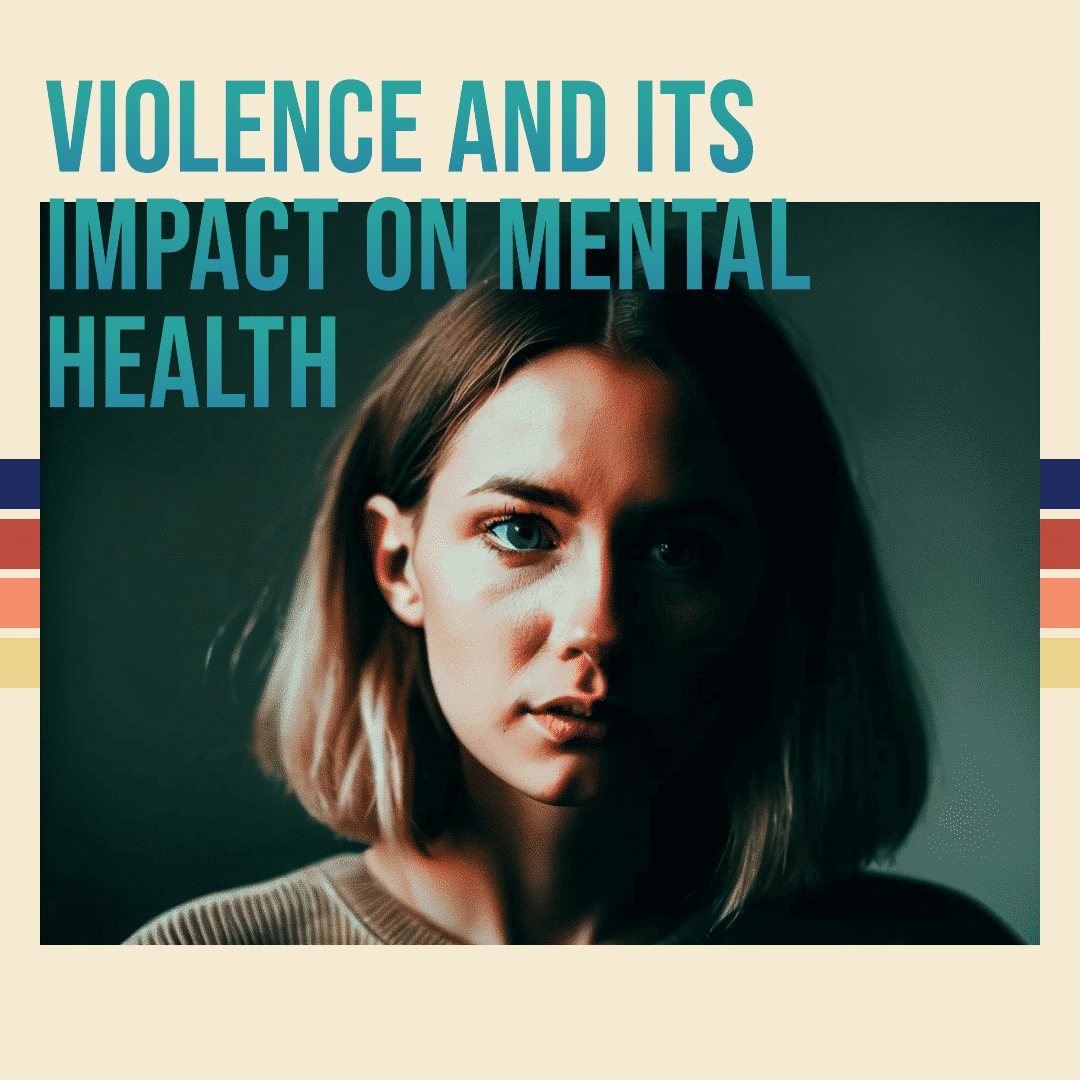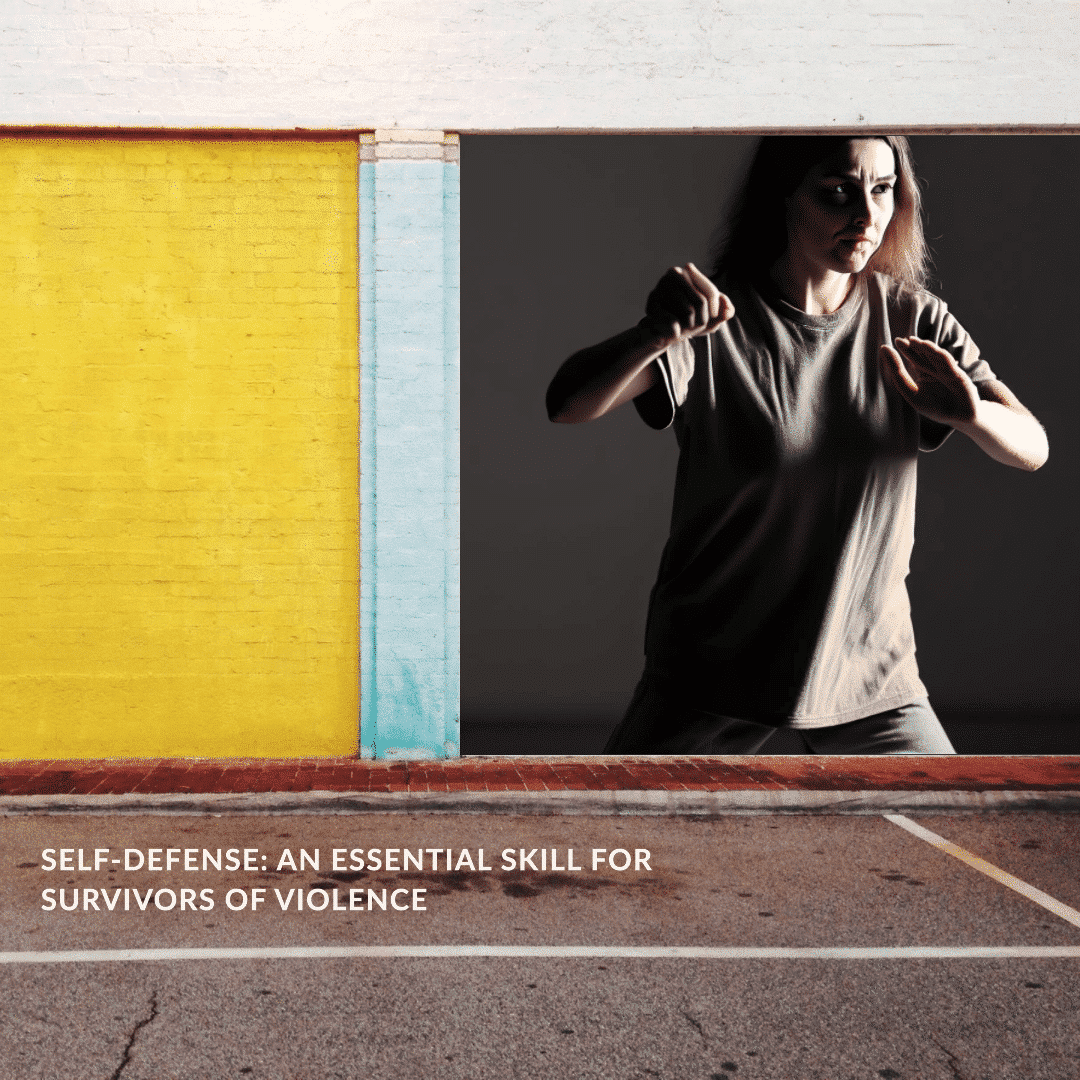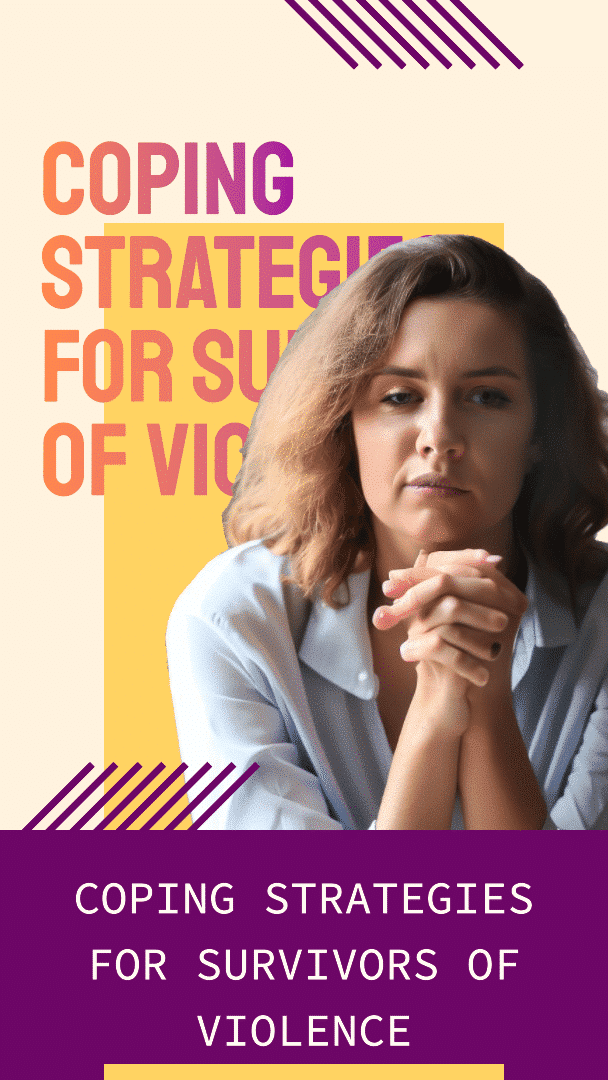Self-defense is a crucial skill for everyone to have, especially for survivors of violence. The experience of violence can cause significant psychological distress and trauma, making it essential for survivors to develop coping strategies that can help them overcome their trauma and reclaim their sense of safety and control.
In this article, we will explore the relationship between self-defense and mental health and provide coping strategies for survivors of violence.

Violence can take many forms, including physical, emotional, and sexual. Regardless of the type of violence, it can have a profound impact on a person’s mental health.
Survivors of violence may experience symptoms of post-traumatic stress disorder (PTSD), such as nightmares, flashbacks, and anxiety. They may also develop depression, mood swings, and substance abuse problems. Additionally, survivors may feel a loss of control, a lack of trust in others, and a sense of isolation.

Self-defense is a critical skill that can help survivors of violence regain a sense of control over their lives. By learning self-defense techniques, survivors can develop confidence in their ability to protect themselves and feel empowered.
Self-defense can also help survivors set boundaries and assert themselves. Many survivors of violence struggle with asserting their needs and boundaries, which can lead to further victimization. By learning self-defense, survivors can learn to assert themselves in a safe and effective way.

While self-defense can be an effective tool for survivors of violence, it is not the only coping strategy. Survivors need a range of coping strategies to help them overcome their trauma and reclaim their lives. Below are some coping strategies that survivors can use to support their mental health.
1. Seek Professional Help
Survivors of violence can benefit from professional help, such as therapy or counseling. A mental health professional can help survivors process their trauma, manage their symptoms, and develop coping strategies.
2. Practice Self-Care
Self-care is essential for survivors of violence. Self-care can include activities such as exercise, healthy eating, getting enough sleep, and spending time with loved ones. By taking care of their physical and emotional health, survivors can build resilience and improve their overall well-being.
3. Join Support Groups
Support groups can provide survivors with a safe space to connect with others who have experienced similar traumas. Support groups can provide a sense of community, validation, and support, which can be instrumental in the healing process.
4. Engage in Creative Activities
Engaging in creative activities, such as art or music, can be a powerful coping strategy for survivors of violence. Creative activities can provide a way to express emotions, reduce stress, and promote relaxation.
5. Practice Mindfulness and Meditation
Mindfulness and meditation can be helpful coping strategies for survivors of violence. These practices involve focusing on the present moment and observing thoughts and emotions without judgment. Mindfulness and meditation can help survivors reduce anxiety, improve mood, and develop a sense of inner peace.
Conclusion
Survivors of violence need a range of coping strategies to help them overcome their trauma and reclaim their lives. Self-defense can be an effective tool for survivors to regain their sense of control and empowerment. Additionally, seeking professional help, practicing self-care, joining support groups, engaging in creative activities, and practicing mindfulness and meditation can also support survivors’ mental health.
It is essential to remember that healing from trauma takes time and patience. Survivors of violence should seek support and take care of themselves as they work towards recovery.
FAQs
- Is self-defense only for physical violence? Self-defense can be used in a range of situations, including verbal and emotional violence. Learning self-defense techniques can help survivors set boundaries and assert themselves in a safe and effective way.
- How can I find a support group for survivors of violence? There are many organizations and resources available for survivors of violence, including local support groups. You can search online or contact a local advocacy organization for more information.
- Can mindfulness and meditation help with PTSD symptoms? Yes, mindfulness and meditation have been shown to be effective in reducing symptoms of PTSD, such as anxiety and hypervigilance.
- Can self-defense classes trigger trauma for survivors of violence? It is possible that participating in self-defense classes could trigger trauma for some survivors. However, many self-defense classes prioritize safety and trauma-informed approaches
